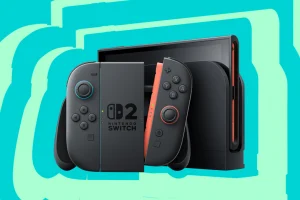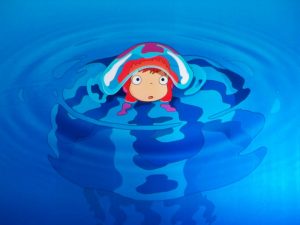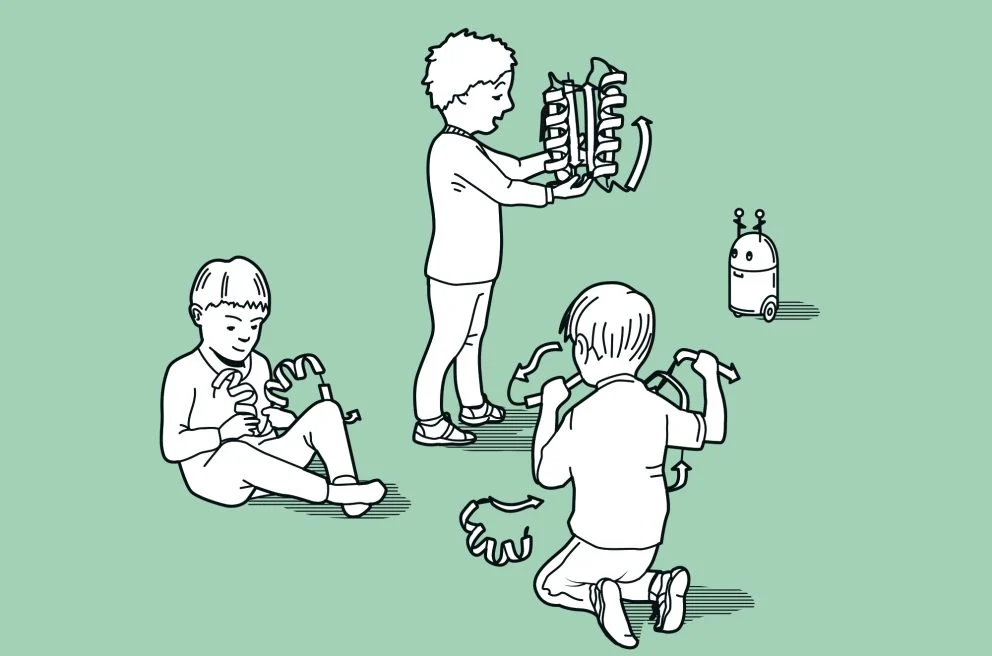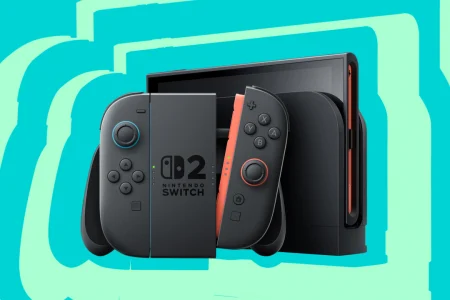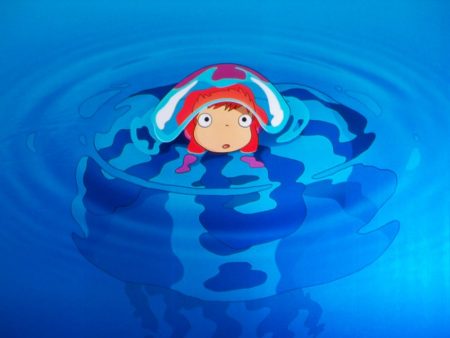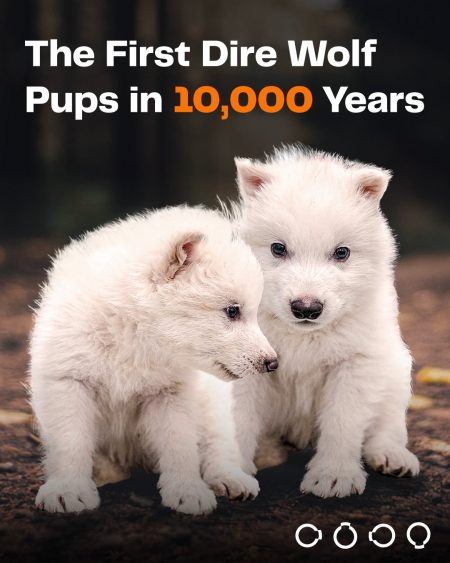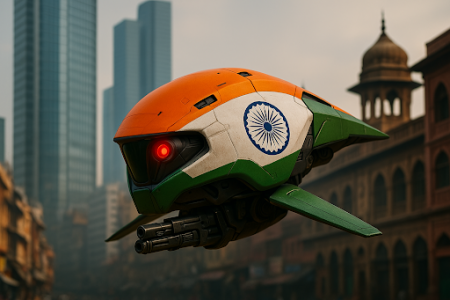Two Nobel Prizes this year, one for developers of AI and the other for researchers using it, have sparked unnecessary controversy writes Satyen K. Bordoloi
The Norwegian Nobel Committee, which selects Nobel Prize winners, stunned the world by awarding two prizes with AI connections this year. The Nobel Prize in Physics was awarded to physicist John Hopfield, and computer scientist Geoffrey Hinton for their work in developing Artificial Intelligence. The Chemistry Nobel went to Professor David Baker of the University of Washington, and Demis Hassabis and John Jumper, co-founders of the AI firm DeepMind. This has divided the world.
The Controversy

If you follow the Nobel Prize categories, you’ll find at least a dozen other contenders in each deserving of the honour. Hence, the argument is that developing AI is not strictly physics but applied physics. Similarly, protein folding, according to some, is not chemistry. Additionally, Hinton, Hassabis, and Jumper are computer scientists, a category for which there is no Nobel Prize. Hence, these awards have stirred emotions. The question then is: why did the Nobel Committee choose them?

In their own words, the Physics award was because “This year’s laureates used tools from physics to construct methods that helped lay the foundation for today’s powerful machine learning. John Hopfield created a structure that can store and reconstruct information. Geoffrey Hinton invented a method that can independently discover properties in data and which has become important for the large artificial neural networks now in use.”

The one for Chemistry states: “The Nobel Prize in Chemistry 2024 is about proteins, life’s ingenious chemical tools. David Baker has succeeded with the almost impossible feat of building entirely new kinds of proteins. Demis Hassabis and John Jumper have developed an AI model to solve a 50-year-old problem: predicting proteins’ complex structures. These discoveries hold enormous potential.”
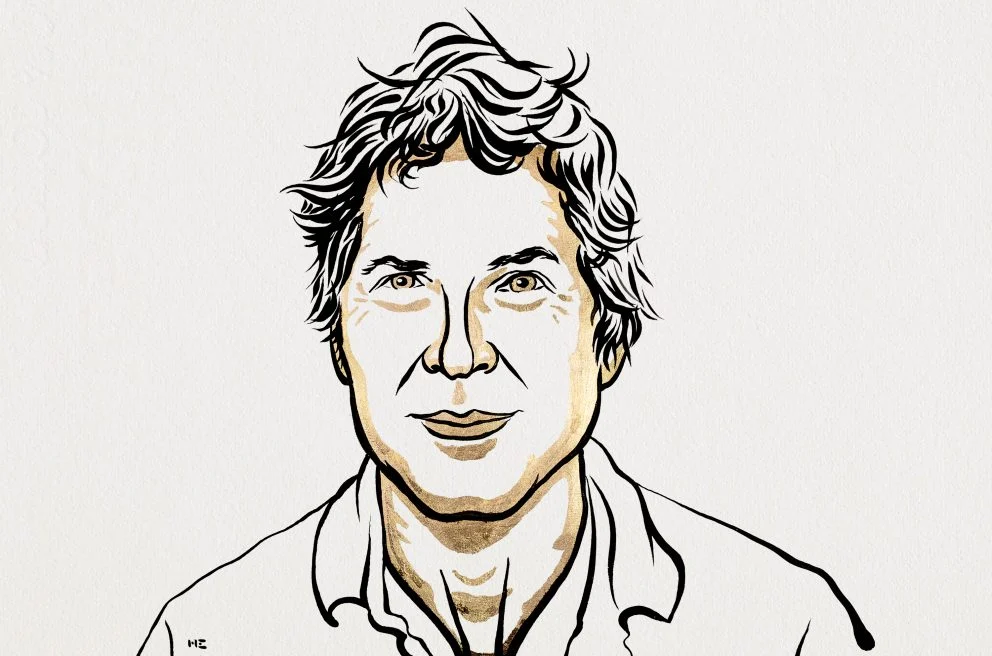
But purists disagree, and there are AI doomsayers, too, who think attention is being given to AI where it shouldn’t be.

Why the Awards Then?
Over the decade, I have noticed one striking pattern: the Nobel Committee does not necessarily award ‘potential’ but ‘repercussion.’ They acknowledge work not just with a lasting impact but which can spark more research for decades. They have often ignored great work in science that many felt should have been rewarded, to give it to those that might seem simple but have deep implications and repercussions for research. Considering this pattern, these two awards are pitch-perfect.
John Hopfield is a famous physicist with numerous papers and discoveries. This Nobel is for his Hopfield Network of associative memory, which helps define a digital system that can operate as a memory and retrieval system. Hinton has received the award for Boltzmann Machines, similar to the Hopfield Network but associated with unsupervised learning, i.e., deep learning that makes AI possible. Together, their work has changed the world. You see them in the maps, text-to-speech, AI filters, etc., on your phones. In the years, decades, centuries, and millennia, it’ll permeate so much that I suspect computing and AI will become synonymous. Indeed, their work also influenced this year’s Nobel Prize in Chemistry.
Magicians:
You should think of David Baker like you think of magicians, except Baker’s work could save millions over the centuries. In his lab at the University of Washington, he creates new types of protein that do not exist, despite the world having over 200 million types of them.
Demis Hassabis and John Jumper are founders of DeepMind, later acquired by Google aka Alphabet. They first stunned the world in 2015 when their AI system AlphaGo defeated the Go champion. They refined the model into AlphaFold, which as AlphaFold1 in 2018 and AlphaFold2 in 2020 delved into the world of protein folding and in two years predicted the structure of virtually all the 200 million proteins that exist in the world. Manually finding them would have taken us thousands of years and millions of brilliant minds.

What is amazing is that this finding which is worth at least hundreds of millions, potentially even trillions of dollars over decades, Alphabet gave away for free. This is like dropping people stranded in a desert forever into an eternal tropical forest full of infinite varieties of flora and fauna. AlphaFold2’s research has already been accessed by over 2 million people from over 190 countries and applied to real problems. The results will take years to be visible but will change the world.
The works of both Baker and the DeepMind team are foundational. Suppose you realise that protein is the basis that holds life together. In that case, you’ll know it could lead us to everything—curing diseases in novel ways, enhancing our physical capabilities with new proteins, and even possibly helping to create new creatures. Alongside genetics, their work will enable humans to play God with life, not just on this planet but elsewhere. Perhaps instead of humans terraforming Mars, we could create a new species that can breathe in the thin atmosphere of Mars. Yes, it seems science fiction, but that is the potential of this Nobel Prize-winning work.
The best thing the Nobel Committee has done with these awards is tacitly acknowledge that they’re looking beyond pure sciences and are accepting of interdisciplinary sciences and that even those who do not directly fall under the purview of what has been established, are welcome. Besides setting up awards in newer categories, this is the best they can do.
Anthropomorphising AI:
Critics also think this award will encourage research using AI. They aren’t just right, that is the point. The problem is not with research using AI but with those who anthropomorphise it, and think AI is a new species. It’s a tool, much like computers. You don’t accuse the award winners of the last 20 years of using computing tools. Then why accuse them of using AI tools now? Instead, we should encourage the use of AI by scientists to speed up their work. You’d think a scientist who uses only pen and paper in the age of computers to be stupid. Within the next few years, that is how we will think about scientists who don’t use AI.
Newton and Einstein didn’t need computers for their findings. But if computers existed back then, do you think they wouldn’t have used them? Think of how productive both would have been with computing and AI.
Yet, to consider the critics’ points, I think it is time to make one slight change to the very foundation of Nobel Prizes. They should introduce new categories, especially one for computing sciences. If the committee feels this will open up a Pandora’s box, they should learn from, ahem, the Nobel Committee itself that awarded these prizes knowing well the controversy that could ensue. The newer prizes would be one small step for the Nobel Committee, one giant leap for science.
In case you missed:
- Are Hallucinations Good For AI? Maybe Not, But They’re Great For Humans
- When Geniuses Mess Up: AI & Mistakes of Newton, Einstein, Wozniak, Hinton
- Quantum Leaps in Science: AI as the Assembly Line of Discovery
- AI Adoption is useless if person using it is dumb; productivity doubles for smart humans
- How Lionsgate-Runway Deal Will Transform Both Cinema & AI
- A Manhattan Project for AI? Here’s Why That’s Missing the Point
- Why a Quantum Internet Test Under New York Threatens to Change the World
- AI as PM or President? These three AI candidates ignite debate
- AI’s Top-Secret Mission: Solving Humanity’s Biggest Problems While We Argue About Apocalypse
- The Great Data Famine: How AI Ate the Internet (And What’s Next)

